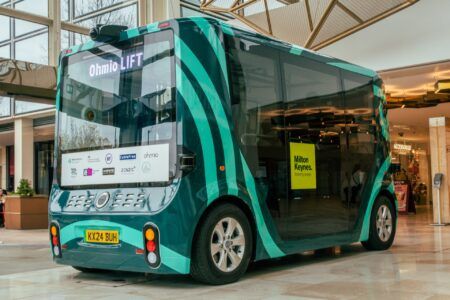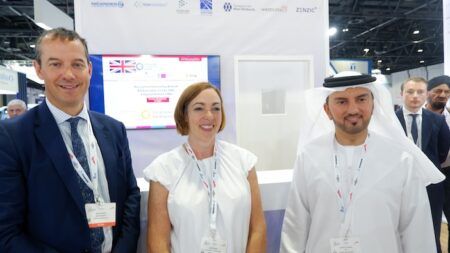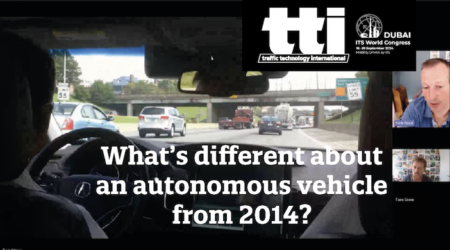Having announced partnerships with two companies to begin trials of an autonomous mobility-on-demand transportation service on the city-state’s roads, Singapore’s Land Transport Authority (LTA) has now launched a new autonomous vehicle (AV) R&D center.
To enable Singapore to move closer to its goal of deploying self-driving vehicles (SDVs) for shared transport, the LTA and the country’s principal developer of industrial estates, JTC, in partnership with the Nanyang Technological University (NTU Singapore), have launched the Centre of Excellence for Testing and Research of AVs (CETRAN) and test circuit at the city’s CleanTech Park. Following its previous announcements of three-year pilot programs with Massachusetts Institute of Technology (MIT) spin-off nuTonomy and the UK-based Delphi Automotive, the new CETRAN facility will spearhead the development of testing requirements for SDVs, as there is no existing international standard. This would allow SDVs to be integrated with existing road traffic, which is an important step for their widespread deployment. These efforts will be supported by the five-acre (1.8 hectare) CETRAN Test Circuit, jointly developed by LTA and JTC to provide a simulated road environment for the testing of SDVs prior to their deployment on public roads.
NTU will lead research activities at CETRAN, operate the test circuit, and evaluate the SDV prototypes to be tested there, ensuring that test vehicles can display the ability to maneuver in local conditions, obey traffic rules, and cope with traffic behavior, road design and the city’s tropical climate. The test circuit will also be open to industry partners for the development and testing of their own SDVs. It is expected to be operational in the second half of 2017. The CETRAN facility will house an expert research team, formed by NTU, that will perform testing in a computer-simulated environment representative of Singapore’s traffic conditions, to complement the tests being performed on the test circuit. The LTA-NTU agreement will see CETRAN being operated by NTU for a period of five years, during which the university will collaborate with various international testing, inspection and certification bodies, research institutions, and industry partners, on global standards and test requirements.
“Although many countries and cities are testing self-driving vehicles, we have yet to see international standards and regulations suitable for large-scale deployment of SDVs,” noted Josephine Teo, Singapore’s Senior Minister of State for Transport. “The launch of CETRAN and the test circuit will put Singapore at the global forefront to develop such standards, to safely integrate SDVs into our transport system. It’s also a significant step towards realizing our vision of SDVs being used for first- and last-mile connectivity in our towns.”
The LTA’s chief executive, Chew Men Leong, commented, “Singapore has the potential to lead in the setting of regulatory standards to test and certify SDVs for use on public roads. This will take us one step closer to being one of the first cities in the world to deploy SDV mobility concepts, on a shared use basis, to form an integral part of our public transport system, thus transforming the way we travel and live.” Chew Men Leong, who recently (Friday, August 5) resigned from his position, will continue working at the LTA until November 11.




